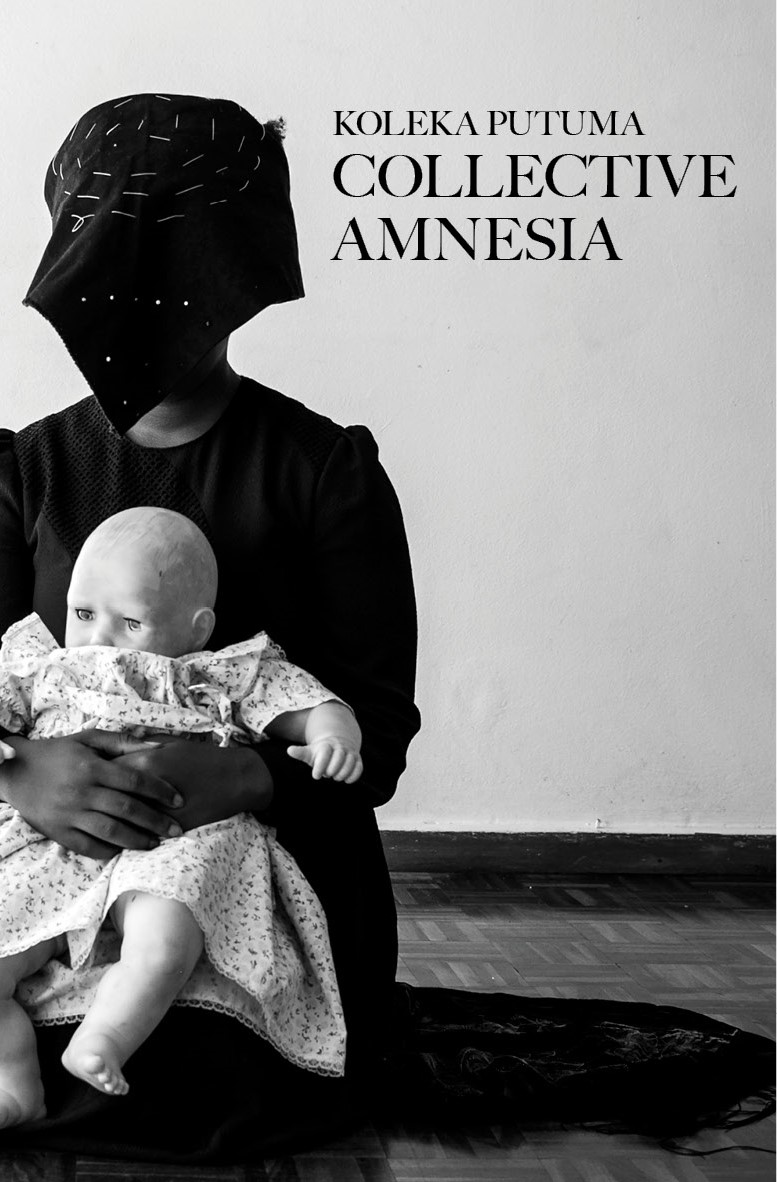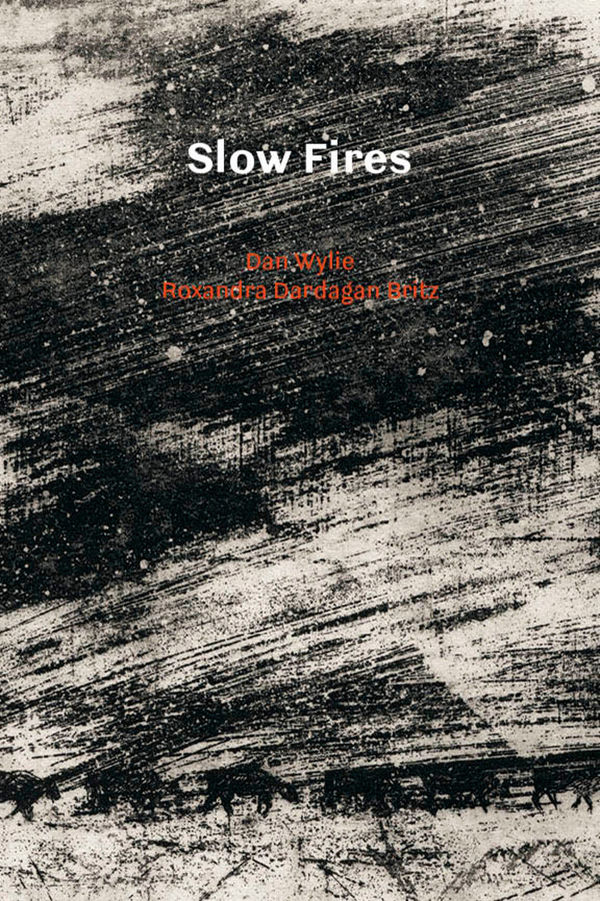“We want spoken word theatre to go global, so we have to be the force making that happen”: in Conversation with Sophia Walker
-Interviewed by Claire Trévien–
BBC Slam Champion Sophia Walker is an internationally renowned poet and teaching artist. Her spoken word shows have toured through theatres in the UK and internationally to critical acclaim, winning Best UK Spoken Word Show 2014 at the Saboteur Awards, and the awards for Best Spoken Word Show on the Edinburgh Free Fringe in 2013 and 2014. Her debut collection Opposite the Tourbus was published by Burning Eye Press in 2014.
Most recently, she co-founded The Spoken Word Theatre Foundation, so we asked her a few questions about what it’s all about….
Claire Trévien: Ok, first of all, I’d like you tell me a little about The Spoken Word Theatre Foundation. How did it come about? What will it entail?
Sophia Walker: The Spoken Word Theatre Foundation came about when I met a phenomenal Nigerian poet called Dike Chukwumerije. He has a 24 person, two hour-long full-on theatrical extravaganza of a spoken word show called Made In Nigeria: there’s music, there’s dance, full costumes…it’s the most ambitious piece of spoken word theatre I’ve ever heard of. We both met a Malaysian poet, Melizarani Selva, who told us about the burgeoning spoken word theatre scene in her country, and suddenly we all realised this foundation was needed. There is this new genre bubbling up all over the world, but we have no links, no support, no infrastructure, no way to work together and no help to work individually. Spoken word theatre needs to be taken seriously because it’s one of the only financially sustainable ways of making a living in our corner of the arts world. So we decided to take it seriously ourselves, to be that artist-led organisation we so dearly wished existed.
In the first instance, we wanted to provide a professional development week of training for local practitioners, with the week rotating through the various member countries every year. In early November, Katie Bonna and I flew to Lagos to run the first pilot programme with theatremakers and poets over there. Katie Bonna had just come off tour for her show All The Things I Lied About, and in the two of us having conversations about the realities of touring, particularly touring solo work, we realised that this foundation needs to not just provide practical support in terms of training, but real support. Touring solo work is incredibly hard. Making solo work is hard. Trying to make a living from spoken word is hard! So we’re now aiming to build a huge moral support section to our online presence: self care advice, tips on how heavy a tour schedule to give yourself, things to consider to give yourself the best chance at not burning out…the emotional support side of how hard this industry is also needs taking seriously. So what started as a training programme, practical facilitator seems to be growing into a “we have your back” multi-purpose organisation. The end goal, the funding-dependent dream, is to be able to financially support shows touring internationally. Some of the work people began making during our Lagos workshops was just jaw-dropping. I want to see those shows in the UK. I want to see Malaysian shows in Canada. We want spoken word theatre to go global, so we have to be the force making that happen.
Touring solo work is incredibly hard. Making solo work is hard. Trying to make a living from spoken word is hard! Share on XThe cross-continental aspect of it is what excites me about it – it’s not the usual suspects! Do you hope it will continue to evolve beyond Malaysia, Nigeria and UK?
We already have several other partner countries (across other continents!) waiting in the wings, and are hearing more and more about other exciting emerging scenes all the time. I’m lucky enough to have been predominantly working internationally for most of my career, so I unwittingly built up the contacts to get the word out very quickly about what we’re doing. I was just in Bangladesh for the Dhaka Lit Fest and some of the work I heard there…whew. I am so excited.
At the moment we are trying to force ourselves to grow slowly, because we are sick of receiving empty promises as artists ourselves. We want to perfect the model before we roll it out, and we want to earn a reputation for doing exactly what we say we will. That takes patience, it takes time, and it takes a very clear idea of total levels of funding that we’re playing with. The Lagos pilot project was supported by the British Council in partnership with Writers’ Centre Norwich, UK as part of the International Literature Showcase, and while that was incredible, we are now in the process of cementing funding for 2018 and beyond. The enthusiasm from the global scene is there. The commitment from us is there. Our only limitation is money.
Do you have any highlights to share from your visit to the Lagos International Poetry Festival?
The entire Lagos International Poetry Festival was a highlight.
I came across some truly great writers. Personally, I was most struck by the bravery. I think oftentimes we are able in the UK scene to have the luxury of having spoken word be a form of entertainment if we want it to be. In many other countries, it is always activism. Because so much is taboo. Any form of speaking out can be taboo. We had people creating LGBT work in our workshops. To put that in context, one of the participants had been stabbed three weeks prior for being gay, another had been kidnapped and tortured over a three day period for having written a blog post about being gay. And there we were in a room where they could speak freely, create freely, and where every other participant supported and applauded them. Yes, we have security concerns. Yes, locations and access and who is in ear-shot are all things we have to be very, very careful with in these situations, and we are hugely mindful of what protection we can and can’t give (and of what might happen when we, and indeed the privilege we bring with us, leave) but being a small part of providing that room, that space where such work could be made and aired, was one of the best things I’ve ever done in my career.
It’s great to see spoken word and theatre intersecting more formally. How would you personally define Spoken Word Theatre?
The hardest thing Dike, Katie and I found when planning our workshops was trying to define the genre! It’s popping up all over the world completely independently, and it’s appearing in a variety of forms. I’m not sure I can tell you what spoken word theatre is, I think we are all deciding and defining that, globally, at the moment. I think the best answer we can currently give is that it is the combining of theatrical elements with spoken word writing. So staging matters, there’s blocking, there is probably some element of characterization,… It is hard to currently lay-out “this is spoken word theatre” without feeling like I’m limiting people in the very act of inventing this new thing. But I can tell you what it isn’t: it’s not a loose set. It’s not turning up to the Edinburgh Fringe with your same 12 poems you do all over your hometown all year long, loosely thrown together with some intros. Those come up ever year, and that’s fine, there’s a space for that. But that is not spoken word theatre. I’d even hesitate to call that a show, that’s a poetry set. Those are great, too, they’re just not what we’re interested in.
But I can tell you what it isn't: it's not a loose set: @PoetWalker on defining Spoken Word Theatre Share on XBased on the highly scientific research that is reading your occasional status on Facebook you seem to be almost constantly on a plane, performing from one country to the next. To quote a recent one: “4 weeks, 4 continents, 7 countries, 1 very tired me”. Sounds exhausting! Do you have any tips for intrepid performers trying to juggle gruelling schedules?
Buy an aeropress. It is only recently that I’ve graduated to the nice hotels side of life. Before that, it was megabus and people’s floors all the way. Aeropress was my godsend. If you have only slept intermittently for three hours on a hardwood floor and you still need to nail your show that night, good coffee is a non-negotiable. Aeropress is good, easily transportable, easily made coffee. Get a good frequent flyer programme, the miles add up fast. And because when people book you from overseas you don’t get to choose the carrier, pick a programme that works across as many airlines as possible. Otherwise, google local manners. What is and isn’t polite changes very quickly as you travel, and news of your behaviour always travels more quickly than news of your work.
The last tip….just remain aware of your privilege. Know when you’re doing something only you can do because you’re white. Or male. Or straight. Or able bodied. Especially know when you’re in a country where you have the safety of being able to say something (very carefully and gently) that someone else can’t say. I can’t go to Abu Dhabi lit fest, or to Dubai, or to Ubud Writer’s Fest because of my sexuality. If you can go places others can’t, think very carefully and seek advice on what is the respectful, culturally aware, gentle way to say the thing that moves the conversation on so that in ten years you’re not still the only one who can go to that country and share your work. If you have privilege, use it. Use it for all of us. Move the conversation on.
If you have privilege, use it. Use it for all of us. Move the conversation on. Share on XYou’ve performed around the world and interacted with all sorts of spoken word scenes – is there one in particular you can’t get enough of?
I’m pretty excited by the South African scene. I shared a stage with Koleka Putuma recently and she blew my head off. No wonder her book is selling so quickly (she sold 5000 copies in 5 months. That’s unheard of). She’s amazing. I’m excited by any scene where everyone sounds different. Where they clearly all have their own voice. Even if it’s a burgeoning scene where no one is at a ten minute floor spot level yet, I’m more excited by that stylistic range than I am everyone being feature level but all sounding quite same-y. On a western level, the Canadian scene is badass. I’ve heard some truly great Ghanaian poets lately. And the Brazilian scene is ridiculously strong. Portuguese is an incredibly poetic language in the first instance, but the level of wordplay going on in Brazil, the rhythms that they’re working with….we aren’t even close.
I shared a stage with @KPutuma recently and she blew my head off. No wonder her book is selling so quickly Share on X Which spoken word artists do you think more people need to hear about?
Which spoken word artists do you think more people need to hear about?
Everyone needs to appreciate Jeanann Verlee, she’s next level. To my mind the best in the world is Sam Sax, and I haven’t even managed to get my hands on his new collection Madness yet. He’s published by Penguin so you know he’s great. Obviously check out Koleka Putuma. Unfortunately, I’m on the road right now and away from my bookshelf but I did just pick up several great Bengali poetry collections. If anyone’s interested in the Bangladesh scene hit me up on twitter and I’ll message you the names of some writers whose poems have knocked me on my ass.
And, finally, do you have any predictions for the future of spoken word?
That several mainstream newspapers will keep churning out pointless, already written and entirely ignorant articles about us?
That we won’t go away. We may not know what the future holds for us, but we know we aren’t stopping. Nose to grindstone, pens to paper. The lit world better make way. We’ll just keep coming.





